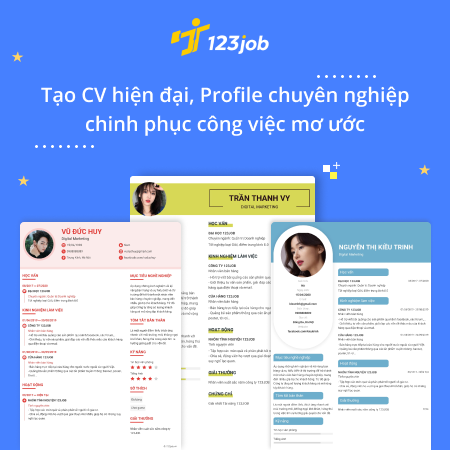Key responsibilities
Below are key responsibilities of the job
GREENFEED has been among agriculture leaders in Vietnam for nearly two decades. The company’s mission is to provide consumers with a clean food chain from farm to table by continuously improving its “3F plus”—feed, farm, and food—process. Today, GREENFEED manages numerous farms, animal feed facilities, and food production factories, with a distribution network across Vietnam and Southeast Asia.
Company Overview
Position Overview
As a manager of IoT and Automation, you will play a key role in the management and implementation of IoT and Automation projects. Specifically, you will be responsible for working with stakeholders to understand requirements from which to propose, design, develop, and deploy IoT systems that help to improve the productivity, reliability, effectiveness, and efficiency of the business. It’s important that you are responsible for the project spending according to the approved budget. Beside project management, you will be working with cross- functional teams to optimize operations and make continuous improvements for the company. Finally, you are expected to build, train, and develop manpower for the team, the company, as well as customers.
Drive Continuous Improvement: lead initiatives to enhance IoT systems and processes by gathering stakeholder feedback and monitoring industry trends and best practices.
Manage IoT Data: develop protocols and systems to collect and store large volumes of IoT- generated data, ensuring its integrity, security and accessibility.
Provide Documentation & Training: create technical documentation, user manuals, and training materials to facilitate the deployment and maintenance of IoT systems, fostering knowledge transfer and skill development within the organization.
Design IoT Solutions: tailor IoT solutions to meet specific business needs, considering factors such as data collection, network connectivity, data analysis, and data security.
Deploy IoT Devices: choose appropriate IoT devices (e.g., sensors, actuators) and connect them with operational equipment and machines to gather real- time data on performance, quality, and environmental conditions.
Ensure Compliance & Standards: adhere to relevant industry standards, regulations, and cybersecurity requirements throughout the design and implementation of IoT solutions.
Analyze IoT Data: utilize data analytics tools and techniques to derive actionable insights for decision- making, enabling predictive maintenance, process optimization, and quality control.
Integrate IoT Platforms with Other Systems: integrate IoT applications with other systems such as Enterprise Resource Planning (ERP) or Manufacturing Execution Systems (MES) for continuous data exchange and improved production processes.
Develop IoT Platforms: collaborate with software engineers to create custom IoT applications and platforms tailored to manufacturing operations, including controls, visualization tools, and reporting mechanisms.





